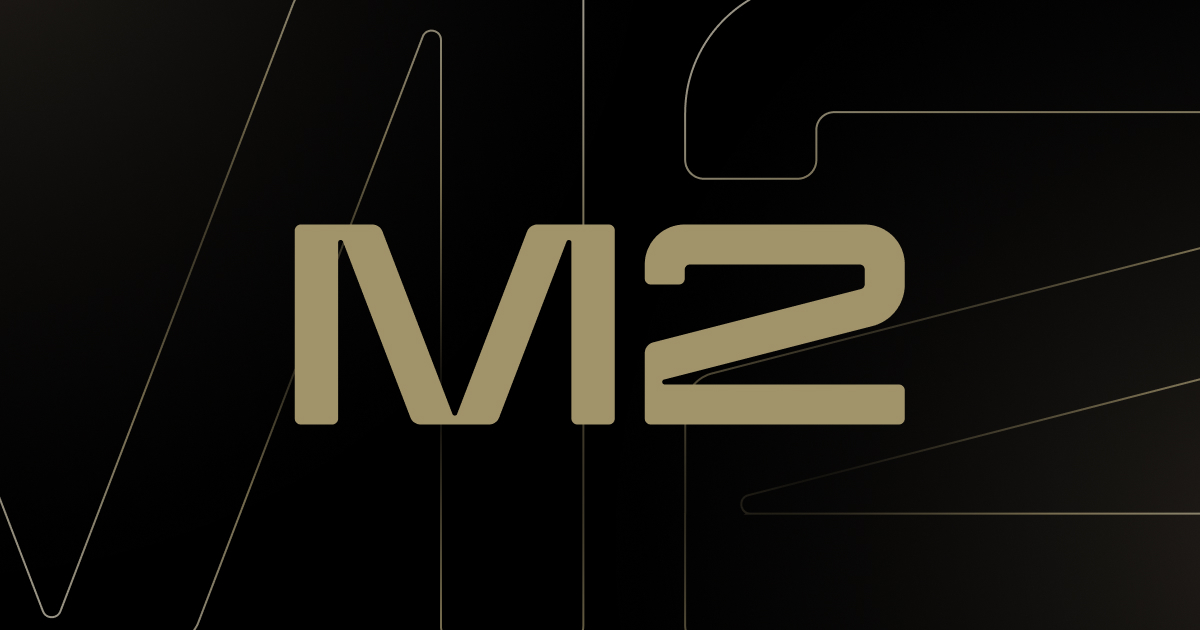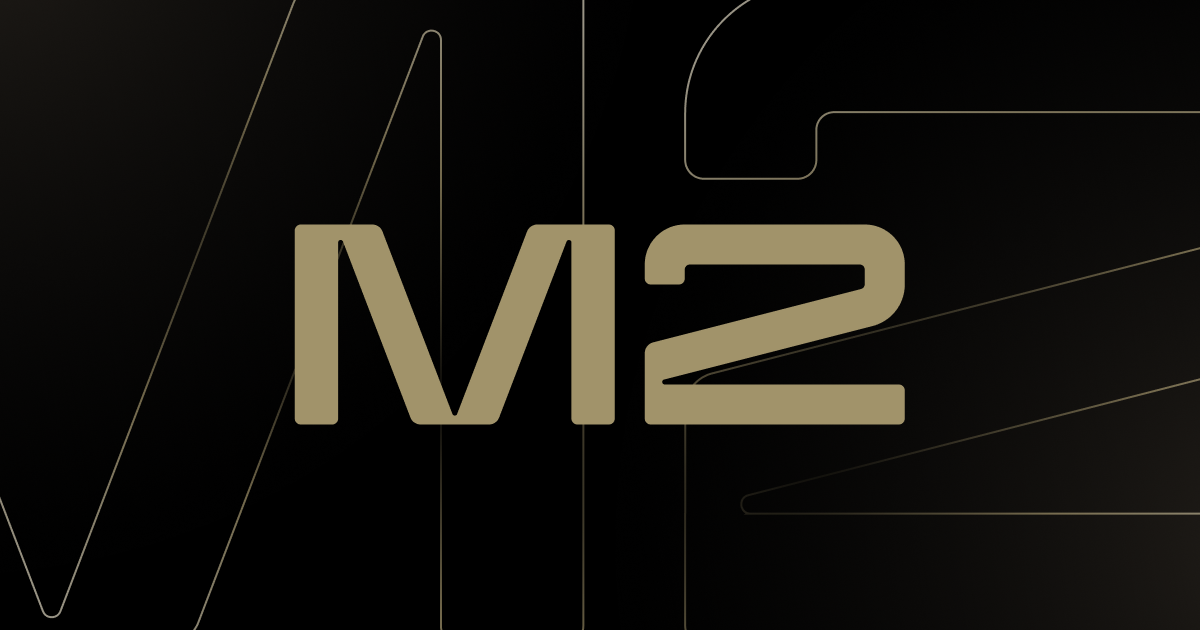$6 Billion a Day: Why Debt Is Now Driving Bitcoin Demand
Markets balanced a dovish Fed outlook against soaring U.S. debt nearing $38 trillion, while Bitcoin ETFs saw $3.2B in inflows and Solana attracted institutional momentum. Read M2’s weekly recap for key insights on policy shifts, stablecoin trends, and ETF developments driving digital finance.




.jpg)



